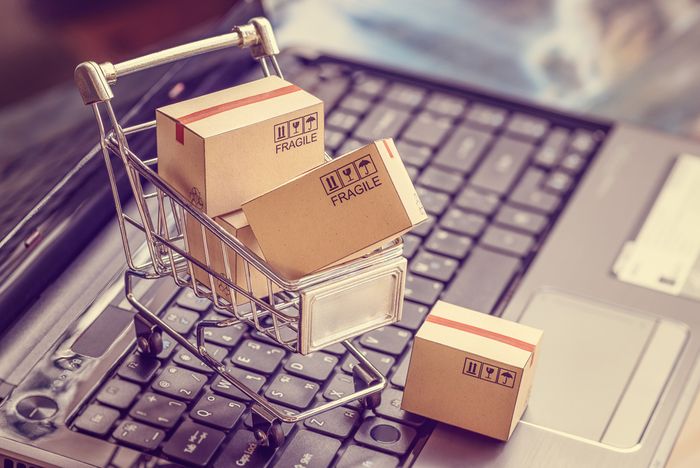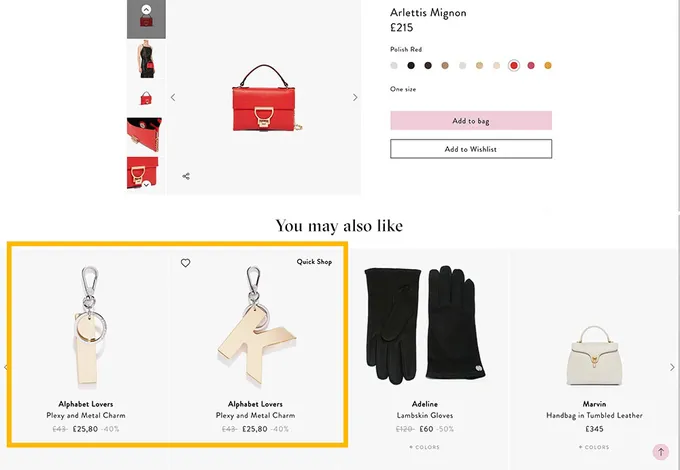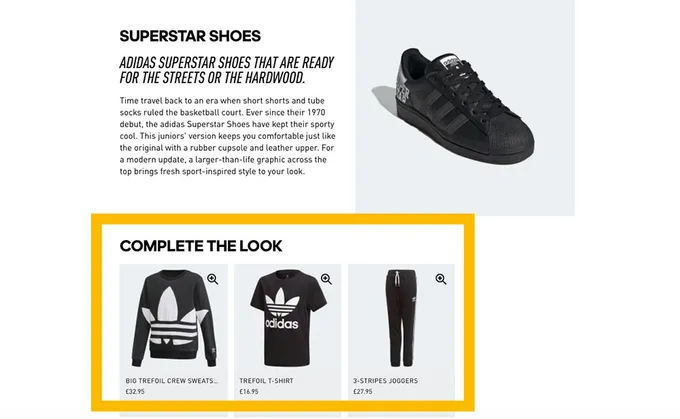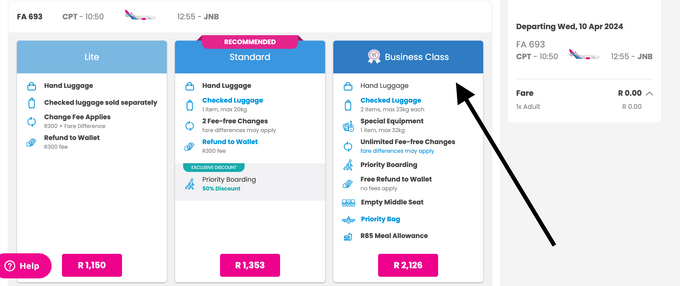Cross-Selling vs. Upselling in eCommerce: What Is More Effective?
To cross-sell is to introduce; to upsell is to upgrade. Both are effective techniques for maximizing eCommerce potential.
Updated November 19, 2024.

eCommerce has quickly evolved into a highly competitive and customer-centric business venture. Merchants are continually exploring ways to maximize their profitability, with cross-selling and upselling emerging as two key strategies. These techniques not only aim to increase the average order value but also seek to enhance customer satisfaction and loyalty.
Meet the Expert
Arjel Vajvoda, Head of Product at Motomtech, leverages her extensive experience in customer support to craft user-focused SaaS products with innovative documentation solutions.
Cross-Selling vs. Upselling
| Feature | Upselling | Cross-Selling |
|---|---|---|
| Products | Upgraded/more expensive version of the same product | Additional or complementary product |
| Focus | Increase the purchase value of customer items | Increase the total number of items purchased |
| Example | Newer-model phone with more storage or a better camera | A case or screen protector for a purchased phone |
» Find out how and why to use upsell/cross-sell recommendations
Cross-Selling: The Technique of Complementary Offerings
Cross-selling leverages a customer's current purchase to recommend complementary products or services that enhance the original product.
This personalization approach resembles a shopper guiding customers to items that enhance their initial selection. Amazon's "frequently bought together" or "Customers who bought this item also bought" feature exemplifies this strategy's power, contributing 35% to the eCommerce giant's revenue.
Enriching the Customer Experience
Cross-selling through effective merchandising offers customers a curated selection of complementary products, ensuring they have everything they need in one convenient place. This enhances their perception of value and introduces them to items they might not have considered, potentially leading to higher satisfaction levels.
Consider this: Have you ever purchased a new cellphone and wished you'd remembered to grab a protective case or extra cables? Cross-selling at the right stage of the conversion funnel addresses these very needs, ensuring customers leave no stone unturned in their shopping experience.
Boosting Average Order Value and Revenue
Beyond enhancing customer satisfaction, cross-selling is pivotal in driving sales performance. This strategy directly increases the average order value and overall revenue by encouraging the purchase of additional items. The fashion and beauty industry has mastered this art, with luxury brands like Coccinelle and Adidas suggesting compatible products that complete an outfit or beauty routine.
Coccinelle:
Adidas:
Imagine the joy of finding the perfect running shoes, only to be presented with a matching complete outfit that complements it flawlessly. Cross-selling makes the shopping experience more enjoyable and boosts sales by making it effortless for customers to build a cohesive collection.
» Ready to cross-sell? Here are our top cross-selling tips
Upselling: Elevating the Customer Experience
Upselling encourages customers to purchase a higher-end, more expensive version of a chosen item or service, enhancing their overall satisfaction.
This strategy aligns closely with the customer's initial purchase intent, offering them an opportunity to enhance their shopping experience through premium options.
Tapping Into Customer Desires
The beauty of upselling lies in its ability to cater to customers' evolving needs and desires. By presenting higher-end versions that offer superior features, performance, or exclusivity, businesses tap into the customer's desire for a more premium experience.
Consider this: When booking a flight, have you ever been tempted by the appeal of an upgrade to business or first class? FlySafair's strategic upselling during checkout exemplifies how businesses can capitalize on this desire, allowing customers to elevate their travel experience with only the click of a button.
Increasing Average Order Value and Profitability
While upselling is subtle, its impact on sales performance is profound. Businesses directly increase the average transaction value and profitability by convincing customers to opt for a higher-priced item. This strategy thrives in markets where newer models or upgraded features, such as technology and electronics, can significantly enhance the user's experience.
Envision browsing for a new laptop and being presented with a higher-end model boasting superior processing power, sleeker design, and extended battery life.
» Ready to upsell? Find out how to choose which products to upsell on your e-commerce store
3 Tips to Maximize the Effectiveness of Cross-Selling and Upselling
1. Personalization and Relevance
The success of both cross-selling and upselling hinges on delivering personalized and relevant recommendations. Leverage customer data, behavioral segmentation, and journey mapping to understand your audience intimately. You increase the likelihood of successful conversions by tailoring suggestions to their specific needs and preferences.
2. Strategic Timing and Presentation
Timing is everything when it comes to cross-selling and upselling. Introducing complementary products or premium options at the right moment in the customer's journey can significantly impact their receptiveness. Moreover, presenting these offers clearly, highlighting the benefits and value proposition, can make all the difference in swaying purchasing decisions.
3. Incentives and Bundling
To further entice customers, consider offering incentives such as:
- Limited-time discounts
- Bundled packages
- Exclusive access to additional features
These tactics enhance the perceived value and tap into the customer's desire to secure the best deal possible.
» Improve the quality of your personalized product recommendations with Fast Simon's Smart Collections
The Verdict: Upselling Reigns Supreme
While both cross-selling and upselling contribute to eCommerce growth, upselling is more effective than cross-selling in maximizing revenue per transaction. It takes advantage of a customer's existing commitment by offering a higher-value option. It also increases the average order value and aligns with the customer's initial purchase intent, driving profitability and fostering customer loyalty.
However, there's no reason you can't leverage both strategies to create a holistic shopping experience that meets every customer's unique needs. If a customer can be swayed into purchasing a newer model cellphone, you'll likely be able to cross-sell them some accessories for that phone as well.








